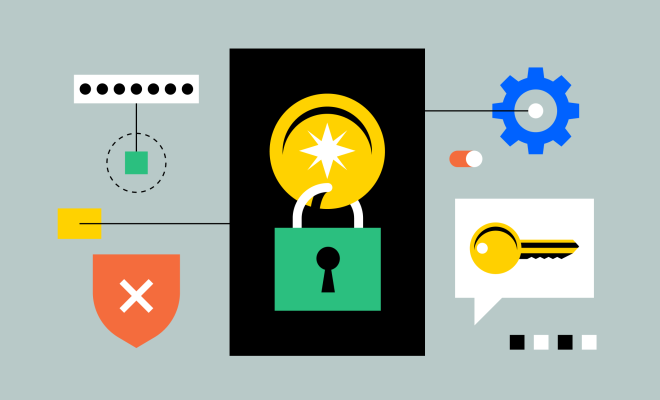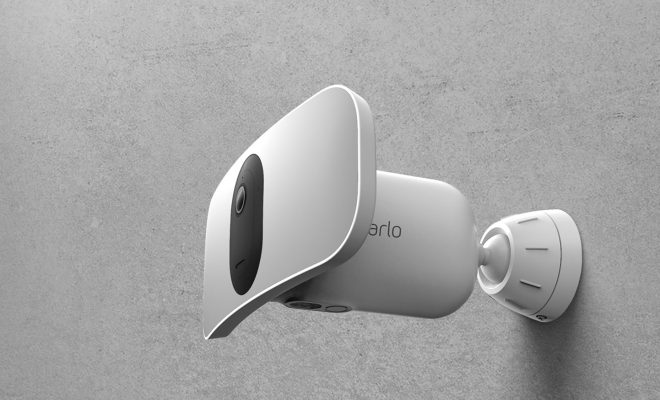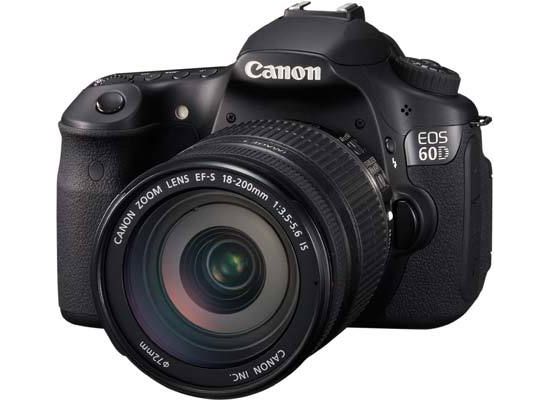Holding Bitcoin? Here’s How to Keep Your Crypto Safe

With the meteoric rise in popularity and value of cryptocurrencies, more and more people are investing in digital currencies such as Bitcoin. As with any investment, it is crucial to keep your assets secure. In the world of cryptocurrencies, this is especially important due to the irreversible nature of transactions. This article will provide you with guidance on how to keep your Bitcoin safe and secure.
1. Use a reputable wallet
The first step in securing your Bitcoin is selecting the right wallet. There are various types of wallets, including hardware wallets, software wallets, and paper wallets. Hardware wallets are considered the most secure, as they store your private keys offline on a physical device. Examples include Ledger and Trezor devices. Renowned software wallets are available for desktop/mobile access, such as Exodus or Electrum.
2. Enable two-factor authentication
Two-factor authentication (2FA) adds an extra layer of security by requiring a second form of verification when accessing your wallet or performing transactions. This could be through a unique code sent via SMS or an authenticator app like Google Authenticator or Authy.
3. Keep private keys secure
Your private key is what allows you to access and manage your Bitcoin. It should be treated like a secret password and never shared with anyone. Write it down on paper or store it in a secure location separate from your wallet or device.
4. Create a strong password
Ensure that you create a complex and lengthy password for accessing your wallet or any exchange accounts you may have – include numbers, symbols, and upper/lowercase characters.
5. Regularly update wallet software
Make sure to keep your wallet software up-to-date to benefit from the latest security patches and features provided by developers.
6. Beware of phishing scams
Always double-check the web address before accessing your wallet or an exchange platform, ensuring that it matches the official website URL. Be cautious of emails that appear to come from your wallet provider or an exchange, as they could be phishing attempts trying to acquire your login details.
7. Use separate wallets
It’s a good idea to use multiple wallets for different purposes (e.g., daily spending, long-term holdings) so that if one wallet is compromised, not all your Bitcoins are at risk.
8. Backup your wallet
Regularly backup your wallet – it will enable you to recover your Bitcoins should you lose access to your device or in case of hardware failure.
9. Consider using a multisig wallet
Multisig wallets require multiple private keys to authorize a transaction, thereby increasing security levels. This can be especially useful for businesses or individuals managing large amounts of Bitcoin.
10. Stay informed and vigilant
Follow news and updates regarding cryptocurrencies and security measures. Always stay cautious and alert when it comes to protecting your digital assets.
By implementing these security tips, you can ensure that your Bitcoin investments remain secure and enjoy peace of mind in the ever-evolving crypto landscape. Remember, safeguarding your digital wealth is as crucial as securing any other investment or valuable holdings you may possess.






